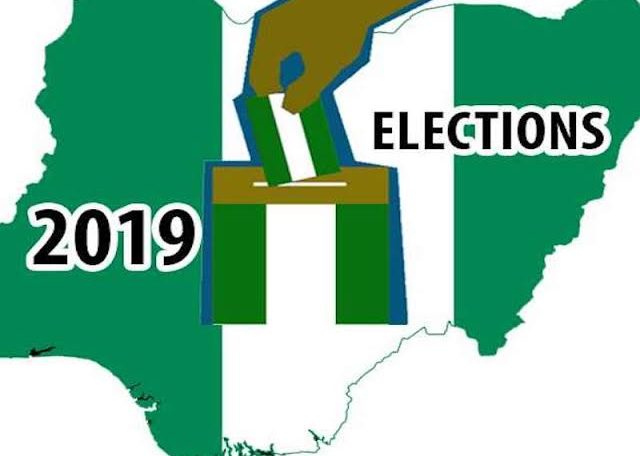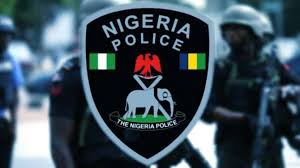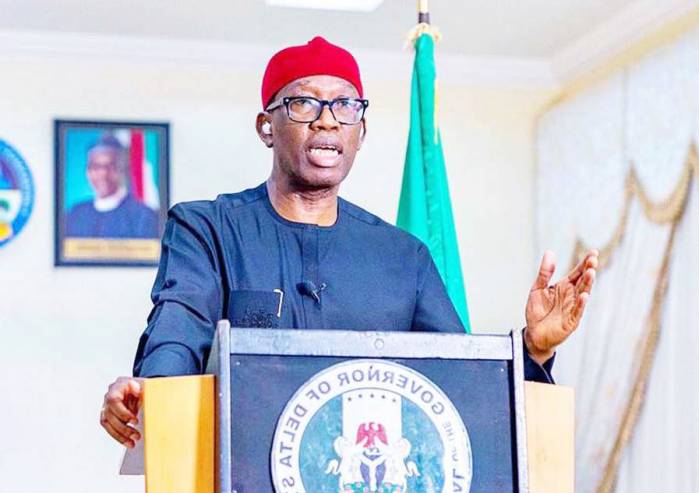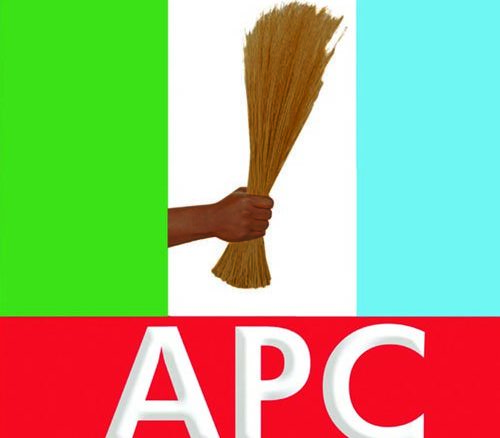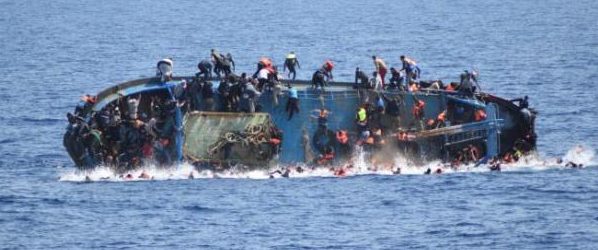Today is the D–Day, February 16, when Nigerian go to the polls to choose who leads them for the next four years.
Though there are over 70 Presidential candidates, the battle really is between the Presidential candidates of the ruling All Progressives Congress, APC, and the main opposition party, the Peoples Democratic Party, PDP.
The APC candidate, Muhammadu Buhari is the sitting President seeking a second term while the PDP candidate, Atiku Abubakar, is a former vice president of the country.
Both candidates are political heavy weights in their own rights with supporters spread across the length and breadth of the nation.
The strength of their popularity was tested and revealed during the campaigns that took them first through the six geo-political zones and then the states.
For the parties and their supporters, the numbers and size of the crowd at the campaign mattered a lot. Oftentimes, it was like ‘see my crowd, it is bigger than yours.’
With the Independent National Electoral Commission, INEC’s time table, campaigns for elections officially kicked off on December 18, 2018.
The PDP started its campaign first, beginning with the zonal campaigns. Its first port of call was the North West, Sokoto State to be precise.
The crowd that welcomed Atiku Abubakar and the PDP to Sokoto for that rally was unprecedented and sent shock waves to down the spin of the APC. Remember, President Muhammadu Buhari, the APC Presidential candidate, hails from Katsina State, a sister state to Sokoto in the North-West.
From the North West, the PDP campaign train moved to the North Central, this time, berthing in Ilorin, Kwara State, the home state of the Senate President and Campaign Director of Atiku’s campaign, Bukola Saraki. Again, the crowd was impressive.
The party, of course visited the other zones before the state by state campaigns.
The APC was not left out of the campaign runs in the zones and states and it also pulled crowds.
Interestingly, the number and size of the crowds threw up a few posers.
Before the campaigns, for instance, Kano state was said to be 100% APC, yet the state was locked down for Atiku’ s campaign. Indeed, Atiku’s Kano crowd set the APC on edge.
Also, going by crowd, Imo state would seem to be locked for the PDP candidate who pulled a crowd beyond mammoth while, on the other hand, the APC, barely scrapped together some heads.
In Akwa Ibom, it was also the same story. The crowd was gigantic and very enthusiastic. Yes, Akwa Ibom is a PDP state, but with the defection of the former governor of the state, Godswill Akpabio, a man who holds so much political clout in the state, to the ruling APC, pundits had concluded that Akwa Ibom would be lost to the APC.
But the crowd that rolled out for Atiku, seemed to suggest otherwise.
In so many other states, the PDP pulled crowds beyond expectations.
The APC didn’t do badly either. After all, Nigeria is a country of 180 million people so there were enough people to go round and remain.
All said and done though would the crowds seen at the campaign rallies make any difference and if they would, who get the yes at the end of today?
Mr. Buchi Njere, an Advertising Practitioner, said; “Crowds at rallies do not determine who will win. I am convinced, more than ever before now, that many Nigerians know that Buhari cannot do more than he has done in the last 31/2 yrs. An Atiku victory looks as sure as the sun that will rise tomorrow. But I do not delude myself that Buhari is Jonathan. Buhari and his puppeteers will do everything to remain in power.”
For Mr. Tony opera, a Media Consultant, again the crowds do not count in real terms, but they still say something. His words; “Unfortunately, the campaigns have been about my crowd is bigger than yours. In some states the PDP garnered more crowds and in some states it was the APC with the bigger crowds. You and I know there is a technology with regards to getting crowds at rallies. The crowds are rented to say it in simple terms. Crowds will not determine who wins the election as most people who collect money to appear at rallies do not even possess the all important PVC, which is crucial to the election. I will give this election to the PDP and Atiku based on crowds at rallies but the incumbency factor will play a huge role with security forces thinking it’s their role to return the incumbent. Remove this factor and the incumbent will be retired to his village.”
Mr. Afolayan Adebiyi, an Administrator, had this to say; “The crowds pulled by the two main parties and their candidates cannot be used as a yardstick to measure their acceptability and popularity. It is common among the politicians to move the same crowd from point of campaign to point of campaign; that is, from states to states within the same geographical zone.
“They often give them some inducements, a token like 2, 3, 4, or 5k depending.
“So based on this fact, it is very difficult to use crowd attending a rally to predict a winner in a poll, especially in our context here.”
He, however, went further to give more insight as to what he felt will decide the winner. He said; “But one can look at zonal preferences and leanings of the parties to predict a winner. This too is not error proof; North: The two main candidates are from the North, one from core North, the other from North-East a satellite state to the Core North. But the two are from the same ethnic stock, Fulani.
READ ALSO: Elections: Atiku Accuses Buhari Of Instigating Postponement
“This will give the duo some fair leverage in the North. But I see the incumbent having an edge both in the far North and North-East. He has been around the zone for a long time. A Governor of the old Bornu State and with the fact that he used the PTF platform to help the area.
“The Middle Belt is a battle ground. Neither candidate is a Christian, which are the majority group in the zone. But with the ex-Senate President, David Mark and Saraki an incumbent Senate President from the zone, Atiku may have the edge.”
He continued; “The East and South-South are Atiku’s strongest support zones. He certainly will do well there. The South-West is becoming largely predictable now. Like in 2015, it may go with Buhari.
“At the end of the day, the incumbent may have a slim edge centrally and win with a very slim margin.”
Francisca Solomon, a Business woman, had this to say; “I don’t think the numbers mean anything. First of all, half of the people that show up at campaign rallies do not have PVCs and therefore won’t vote. We all know that sometimes if not most times, the same people who went for Party A’s rally are the same who go to Party B’s rally.
“Secondly, rigging is sure! So, how will the numbers determine anything? However, if there were to be no rigging, I think Atiku-Obi would win based on the number that showed up for them. The APC campaign train in Ogun was booed and stoned, so we already know that’s one state that won’t vote APC. Kano crowd was massive so I would say based on that PDP will take that stage.
“Numbers don’t mean anything, but if they did, PDP would win.”
Mr. Tunde Shittu, a businessman, said; “Campaign crowds do not count much in elections especially in our part of the world for very obvious reasons. But I must say that there were a few surprises during the campaigns.
“So, to answer your question, going by what we saw, whoever wins, if the election is free and fair, will do so with a very small margin. It will be a close call.”
As the saying goes, the die is cast. Now is the time to know if the crowds really matter or if campaign rallies are a waste of time and resources.
